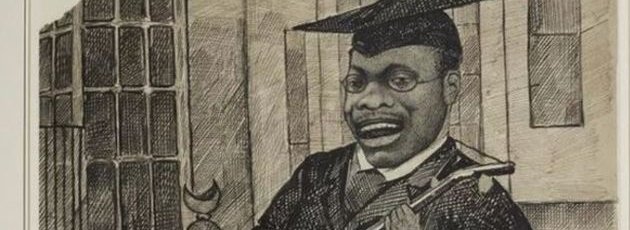- Home
- News & Blogs
- About Us
- What We Do
- Our Communities
- Info Centre
- Press
- Contact
- Archive 2019
- 2015 Elections: 11 new BME MP’s make history
- 70th Anniversary of the Partition of India
- Black Church Manifesto Questionnaire
- Brett Bailey: Exhibit B
- Briefing Paper: Ethnic Minorities in Politics and Public Life
- Civil Rights Leader Ratna Lachman dies
- ELLE Magazine: Young, Gifted, and Black
- External Jobs
- FeaturedVideo
- FeaturedVideo
- FeaturedVideo
- Gary Younge Book Sale
- George Osborne's budget increases racial disadvantage
- Goldsmiths Students' Union External Trustee
- International Commissioners condemn the appalling murder of Tyre Nichols
- Iqbal Wahhab OBE empowers Togo prisoners
- Job Vacancy: Head of Campaigns and Communications
- Media and Public Relations Officer for Jean Lambert MEP (full-time)
- Number 10 statement - race disparity unit
- Pathway to Success 2022
- Please donate £10 or more
- Rashan Charles had no Illegal Drugs
- Serena Williams: Black women should demand equal pay
- Thank you for your donation
- The Colour of Power 2021
- The Power of Poetry
- The UK election voter registration countdown begins now
- Volunteering roles at Community Alliance Lewisham (CAL)
Oxford recognizes first black student
In a move to satisfy its priority to recognise its broad range of alumni displayed in its pictures, paintings and plaques around campus, Oxford University has unveiled a new plaque honouring Christian Cole. The plaque, which can be seen in Logic Lane at University College, commemorates the first black Oxford student.
Christian Cole was born in 1852, the grandson of a slave and the adopted son of Reverend James Cole of Waterloo, Sierra Leone. Prior to studying at Oxford, Cole was a student at Fourah Bay College in Freetown – an institution once known as the “Athens of the West” due to its prestigious academic reputation.
Technically a non-collegiate student, Cole mitigated the costs of his education by teaching Responsions, a qualifying exam, and music. He studied the classics – then touted as the most difficult course at the university – and graduated with a fourth-class honours degree, which was no easy feat for students not belonging to a college during Cole’s time.
As a black 21-year-old man from Sierra Leone in 1873 England, Cole undoubtedly turned heads, but historians have reason to believe that he was held in high regard by his peers and professors. After his uncle, who had partially supported the costs of Cole’s education, had passed, students started an appeal to assist him financially. This appeal was backed by the master of University College George Bradley and Cole’s classmate Herbert Gladstone, the son of four-time prime minister William Ewart Gladstone. In a further show of support, Bradley awarded Cole with membership to University College in 1877, a year after Cole had graduated, and paid his membership fee until 1879. Following graduation, Cole returned to Sierra Leone before doubling back to England to become the first black African banister in any English court in 1883.
Despite these impressive achievements, the man who was Oxford’s first black student and England’s first black banister remains relatively unknown. However, this may change as Oxford actively works to dismantle its public perception as a rich, white university and market itself as a welcoming space for black and ethnic minority candidates.
Ayan Goran
